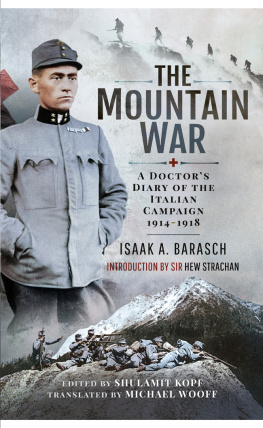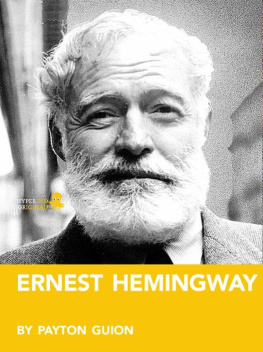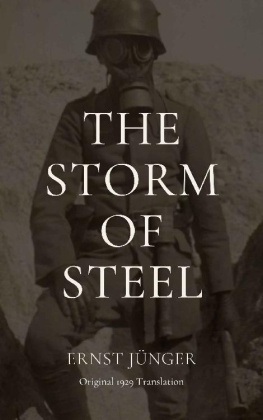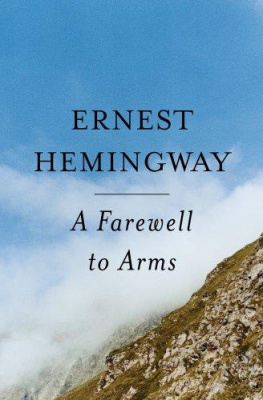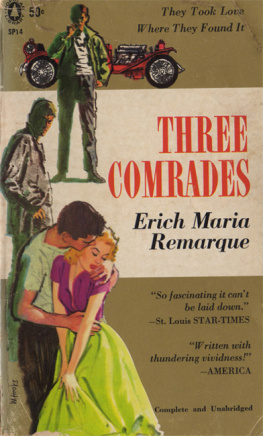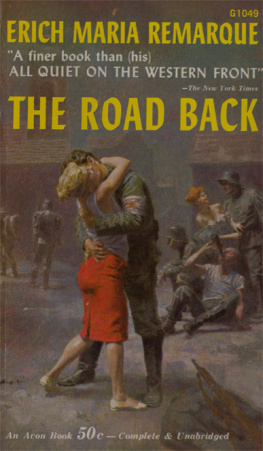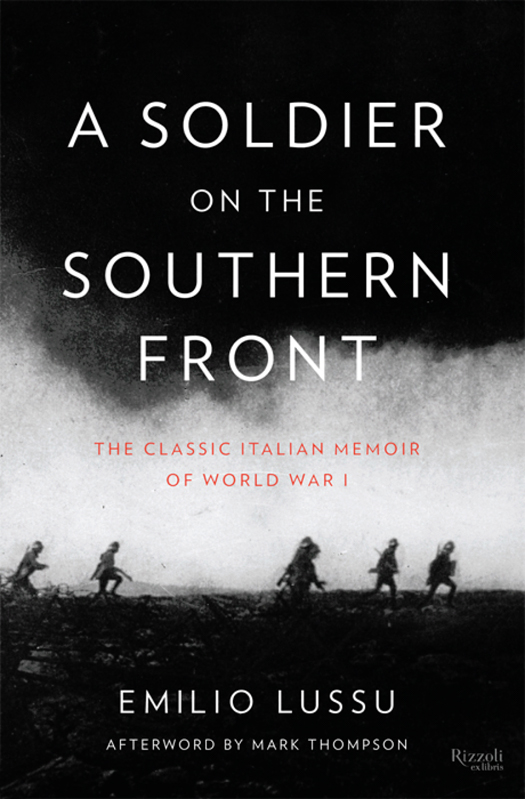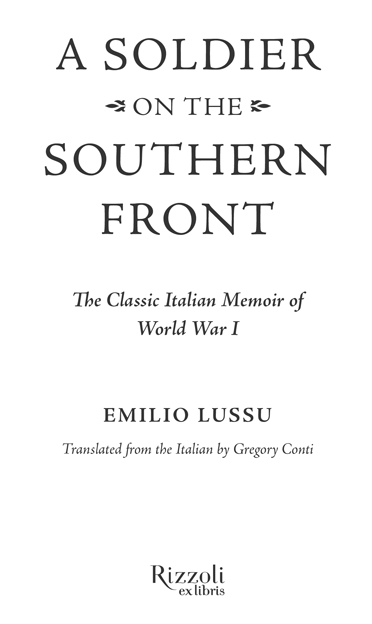S.T. WILLIAMS , 1939
Jai plus de souvenirs que si javais mille ans.
BAUDELAIRE
First published in hardcover in the United States of America in 2014
by Rizzoli Ex Libris, an imprint of
Rizzoli International Publications, Inc.
300 Park Avenue South
New York, NY 10010
www.rizzoliusa.com
Originally published in Italy as Un Anno SullAltipiano
Copyright 1939, 1968, 2014 Emilio Lussu
Translation Copyright 2014 Gregory Conti
Book design by Tina Henderson
This ebook edition 2014 by Emilio Lussu
All rights reserved. No part of this publication may be reproduced, stored in a retrieval system, or transmitted in any form or by any means, electronic, mechanical, photocopying, recording, or otherwise, without prior consent of the publishers.
eBook ISBN: 978-0-8478-4279-7
v3.1
Contents
AUTHORS NOTE
I wrote A Soldier on the Southern Front between 1936 and 1937 in a sanatorium in Clavadel, near Davos. I had retired there following the deterioration of the lung disease I had contracted in prison, which I had been unable to treat during my confinement on the island of Lipari and, after my escape, had neglected in France. Having finally decided to get well, I underwent a rather arduous operation and my convalescence forced me into a long period of inactivity. But even so, I never would have written the book without the insistence of Gaetano Salvemini.to see the light. I sent the manuscript to Salvemini, who was in London, at the end of May 1937, and he responded with a several-hundred-word telegram. My friend was placated.
The first Italian edition was published in Paris by Edizioni Italiane di Cultura in early 1938, the second in Italy by Einaudi in 1945, after the liberation. On re-reading this testimony of the war, which I have left unchanged from its original version, I am reminded of Salvemini. And it is to him that I dedicate this edition.
Emilio Lussu
Rome, September 1960
The reader will not find in this book either a novel or a history. These are my personal recollections, put in order as best as I could, and limited to one year of the four years of war in which I took part. I havent recounted anything except what I saw and what struck me most. I have not relied on my imagination but on my memory; and my comrades-in-arms, sometimes by way of some slightly changed names, will easily recognize both men and events. I have also stripped myself of my subsequent experience and have evoked the war as we actually lived it, with the thoughts and feelings we had at the time. This is not, therefore, a work with a thesis: It is intended merely as the account of an Italian witness to the Great War. In Italy, unlike France, Germany, and England, there are no books about the war. And this one, too, would never have been written but for a period of imposed rest.
ClavadelDavos, April 1937
TRANSLATORS NOTE
F or readers coming to Lussus account of his experience on the southern front of World War I nearly a century after the events he describes, it may be helpful to have a brief outline of the military organization and chain of command in which he served.
When Italy entered the war in May of 1915 its land forces were composed of four armies, each commanded by a general, under the Supreme Command of General Luigi Cadorna. The four armies were made up of several corps, each commanded by a lieutenant general and were in turn composed of several divisions, each commanded by a major general. The remaining levels of command, in descending order, were brigades (brigadier general), regiments (colonel), companies (major or captain), platoons (lieutenant, second lieutenant), and squads (corporal).
Lussu began the war as a lieutenant in the Sassari Brigade, founded on March 1, 1915. Unlike all other Italian infantry brigades, the Sassari was recruited locally on the island of Sardinia, and most of the officers, like Lussu, came from the island. In 1916 the Sassari was under the command of the 3rd Army, commanded by a member of the Savoy dynasty, Italys royal family, Prince Emanuele Filiberto of Savoy, Duke of Aosta. The brigade had a total strength of approximately 6,000 men, divided into two regiments of three battalions each.
The Sassari saw its first combat in the summer of 1915 in the First Battle of the Isonzo and distinguished itself in the Second Battle of the Isonzo. In May 1916, the start of the year recounted in the book, the brigade was sent to the Asiago Plateau to help in the Italian effort to stop the Austrian spring offensive. By the end of the war, the Sassari was the most highly decorated unit in the Italian army, its soldiers having earned 6 Military Orders of Savoy, 9 Gold Medals, 405 Silver Medals, and 551 Bronze Medals for Military Valor. Four of those medals were awarded to Emilio Lussu.
I
I n late May 1916, my brigadethe 399th and 400th Regiments It had been fighting solely on that front since the beginning of the war. By now we couldnt stand it anymore. Every square foot of terrain reminded us of a battle or the grave of a fallen comrade. Wed done nothing but take trenches and trenches and more trenches. After the trench of the red cats came the trench of the black cats, and then it was the trench of the green cats. But the situation never changed. As soon as we took one trench we had to take another. Trieste was still there, perched on the edge of the gulf, just as far away as ever, looming wearily. Our artillery hadnt fired on it even once. The Duke of Aosta, commander of our Third Army, invoked its name in all his daily orders and speeches to fire up the soldiers.
The prince didnt have much military acumen but he did have a great literary passion. He and his chief of staff made a perfect team. One wrote the speeches and the other delivered them. The duke learned them by heart and recited them in the oratorical style of an ancient Roman, with impeccable diction. All the grand ceremonies, and they were rather frequent, were especially designed to highlight these performances. Unfortunately, the chief of staff wasnt a writer. So despite his best efforts, the generals memory in reciting the speeches won more of our armys esteem than the talent of his chief of staff in writing them. The general had a good voice, too. Apart from that, he was pretty unpopular.


